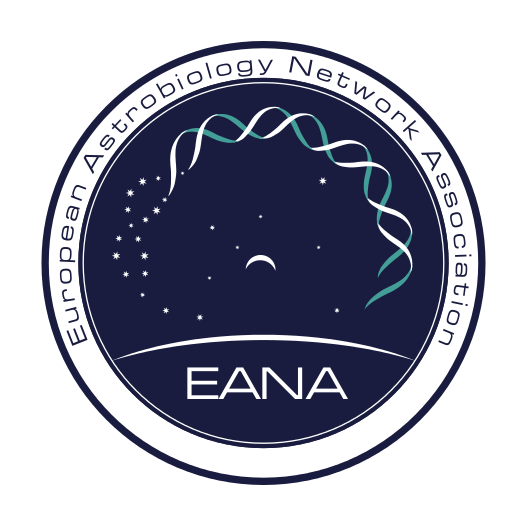 |
Abstract EANA2025-125 |

|
Agnostic Life Finder: Redefining the search for life beyond Earth
The National Aeronautics and Space Administration’s (NASA) 2020 Carlsbad report noted growing confidence in a near-surface active Martian biosphere. Yet, current approaches to search for life are either not sensitive enough or rely on biosignatures prone to false positives and false negatives. With respect to a planned crewed exploration, the absence of tools to unambiguously search for evidence of Martian life is a serious omission in NASA plans. To remedy this, we built an Agnostic Life Finder (ALF) instrument capable of detecting traces of exogenous and/or indigenous life in large water samples from Mars and other astrobiologically relevant locations. ALF targets genetic molecules that enable Darwinian evolution. The genetic information of all life, including alien life forms, must be stored in the form of linear charged molecules (polyelectrolytes). ALF uses this feature to extract, desalt and purify all polyelectrolytes from environmental samples using electrodialysis with a porous membrane. The extracted polyanions and polycations are later analyzed with solid state or biological nanopore. Thus, ALF can find life agnostically and unambiguously, with sensitivity limited only by the sample size. ALF is meant to be used during missions in preparation for crewed landings that are expected to mine large quantities of mid-latitude subsurface ice. This ensures both a large enough sample, and timeliness of the mission. With NIAC, we advanced ALF from a conceptual design (TRL 2) to a validated breadboard system (TRL 4). ALF’s continuous-flow design was tested on DNA as well as synthetic polycations (alien genetic polymer analogs) and recovered genetic material from samples as large as 3.8 L. A built-in sonicator disrupted hard-to-lyse yeast (S. cerevisiae) cells, facilitating high-yield extraction, making ALF an agnostic means of detecting potentially novel Martian biochemistry. Future development will focus on advancing ALF for a planned 2028 deployment.
